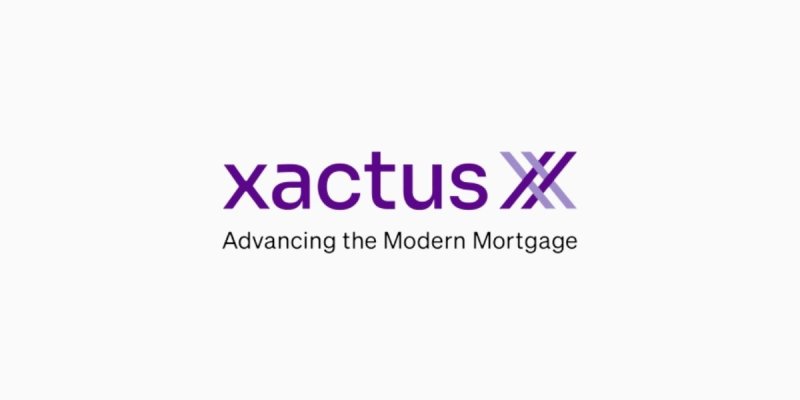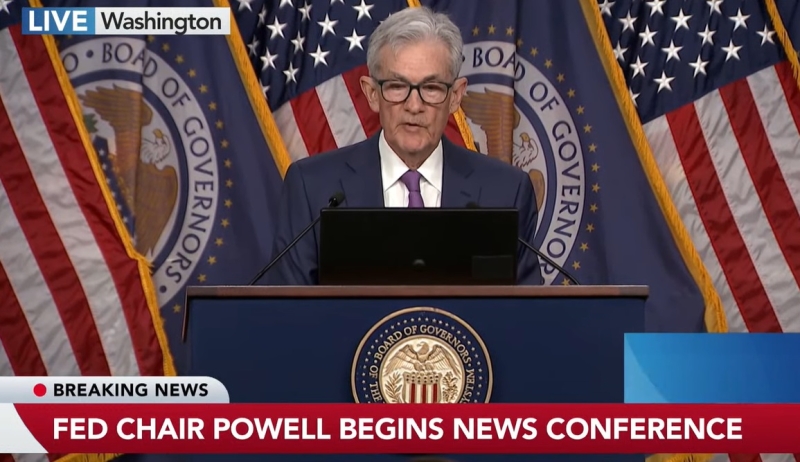
Mortgage Applications Fall Again As Rates Hit 21-Year High

The weekly applications survey remained at its lowest level in 25 years as rates topped 7%.
- For the week ending Oct. 21, the Market Composite Index decreased 1.7% on a seasonally adjusted basis from a week earlier.
- Purchase applications declined to the slowest pace since 2015 — over 40% behind last year’s pace.
- The Refinance Index ticked up from the previous week, but was still 86% lower than a year earlier.
Mortgage rates rose for the 10th straight week last week, reaching a level not seen in 21 years, prompting mortgage applications to fall for the 10th time in the past 11 weeks, the Mortgage Bankers Association (MBA) said Wednesday.
The MBA’s Weekly Mortgage Applications Survey for the week ending Oct. 21 found that the Market Composite Index — a measure of mortgage loan application volume — decreased 1.7% on a seasonally adjusted basis from a week earlier and remained at its lowest level in 25 years. Unadjusted, the index decreased 2%.
The seasonally adjusted Purchase Index decreased 2% from one week earlier, while the unadjusted Purchase Index fell 3% from the previous week and was 42% lower than in the same week last year.
The Refinance Index, however, ticked up 0.1% from the previous week, but was still 86% lower than the same week last year.
30-Year Fixed Rate Tops 7%
“Mortgage rates increased for the 10th consecutive week, with the 30-year fixed rate reaching 7.16%, the highest rate since 2001,” said Joel Kan, MBA’s vice president and deputy chief economist. “The ongoing trend of rising mortgage rates continues to depress mortgage-application activity, which remained at its slowest pace since 1997.”
Kan noted that refinance applications were essentially unchanged from the previous week, but that purchase applications declined to the slowest pace since 2015 — over 40% behind last year’s pace.
“MBA’s forecast expects both economic and housing market weakness in 2023 to drive a 3% decline in purchase originations, while refinance volume is anticipated to decline by 24%,” Kan said.
The refinance share of mortgage activity increased to 28.8% of total applications from 28.3% the previous week, the MBA said. The adjustable-rate mortgage (ARM) share of activity decreased to 12.7% of total applications.
The FHA share of total applications increased to 13.9% from 13.6% the week prior. Kan said that, despite higher rates and lower overall application activity, the slight increase in FHA purchase applications was due to the fact that FHA rates remained lower than rates for conventional loans.
The VA share of total applications remained unchanged at 10.7% from the week prior, while the USDA share of total applications remained unchanged at 0.5% from the week prior.
Highlights from the weekly survey:
- The average contract interest rate for 30-year fixed-rate mortgages with conforming loan balances ($647,200 or less) rose to 7.16% from 6.94%, with points decreasing to 0.88 from 0.95 (including the origination fee) for 80% loan-to-value ratio (LTV) loans. The effective rate increased from last week.
- The average contract interest rate for 30-year fixed-rate mortgages with jumbo loan balances (greater than $647,200) increased to 6.53% from 6.31%, with points increasing to 0.68 from 0.67 (including the origination fee) for 80% LTV loans. The effective rate increased from last week.
- The average contract interest rate for 30-year fixed-rate mortgages backed by the FHA rose to 6.79% from 6.63%, with points decreasing to 1.59 from 1.60 (including the origination fee) for 80% LTV loans. The effective rate increased from last week.
- The average contract interest rate for 15-year fixed-rate mortgages increased to 6.39% from 6.09%, with points increasing to 1.52 from 1.18 (including the origination fee) for 80% LTV loans The effective rate increased from last week.
- The average contract interest rate for 5/1 ARMs increased to 5.86% from 5.65%, with points decreasing to 0.88 from 0.90 (including the origination fee) for 80% LTV loans. The effective rate increased from last week.
MBA's weekly survey covers over 75% of all U.S. retail residential mortgage applications, and has been conducted weekly since 1990. Respondents include mortgage bankers, commercial banks, and thrifts. The base period and value for all indexes is March 16, 1990=100.
Based in Washington, D.C., the MBA represents the real estate finance industry, an industry that employs more than 400,000 people nationwide.




